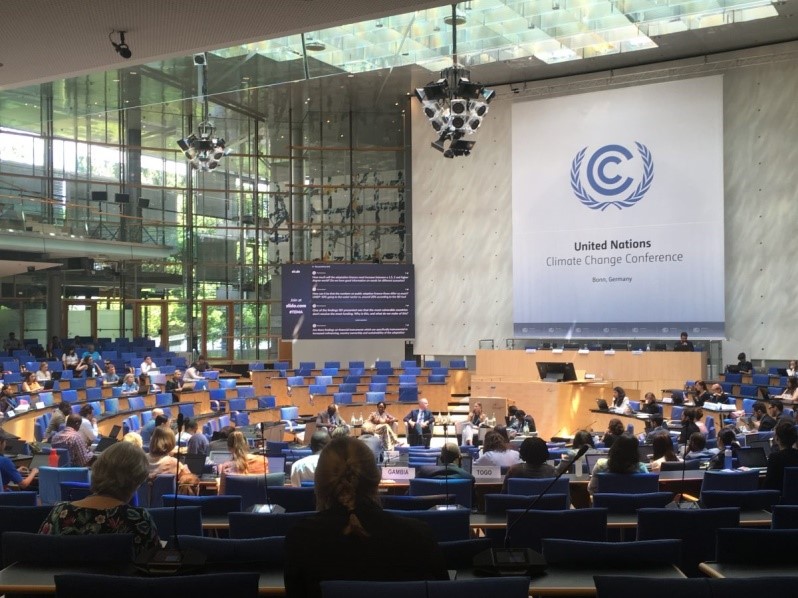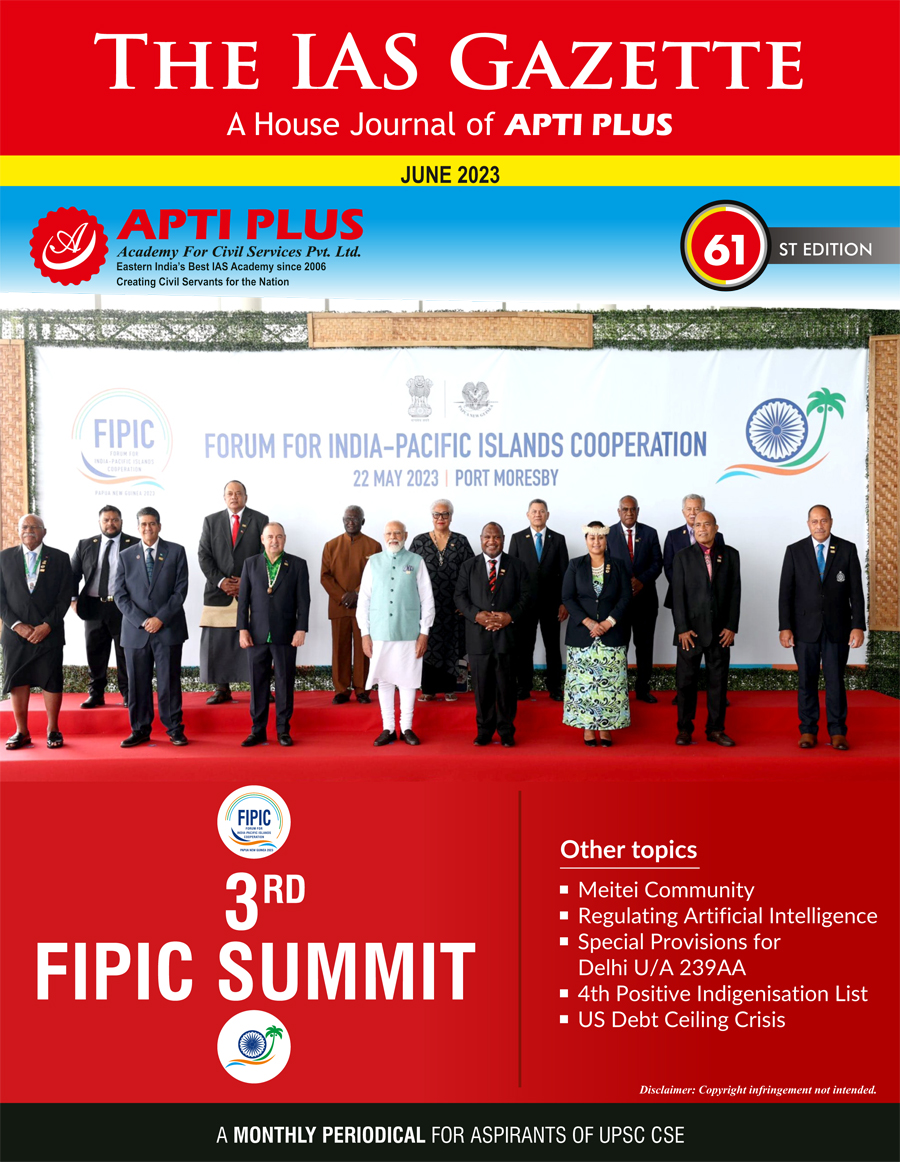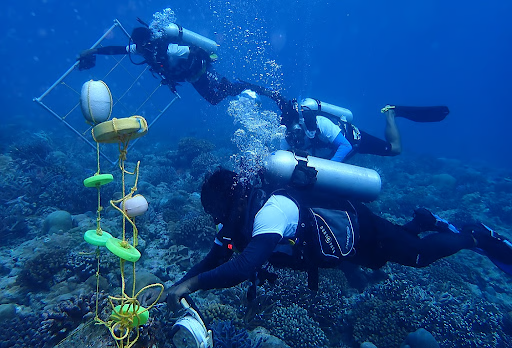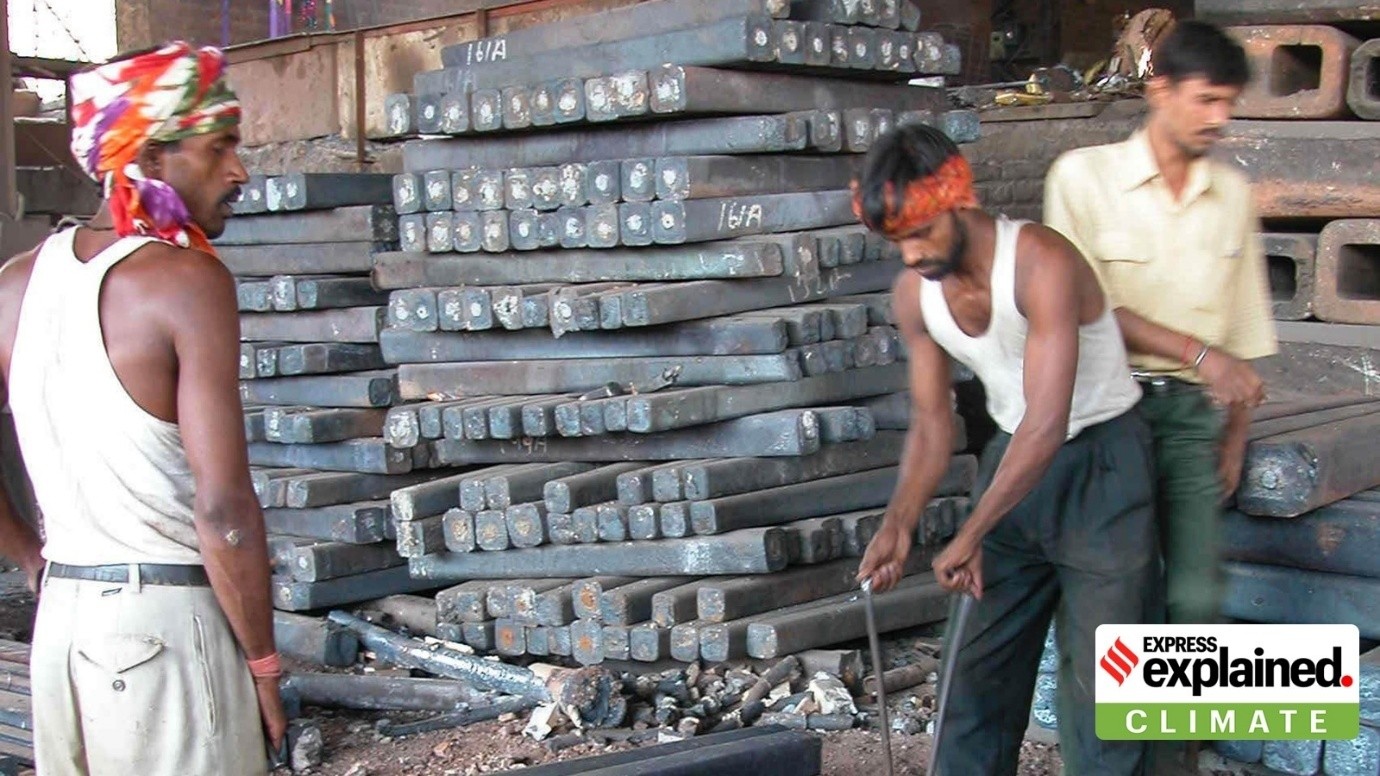Description

Disclaimer: Copyright infringement not intended.
Context
- Bonn Climate Change Conference is a 10-day intermediate session, which is expected to clear programme and prepare decisions for adoption for the COP28 conference in Dubai.
- However it kicked off on without an agreed final agenda for technical discussions.
Details
- It provides national and local governments, businesses, investors and civil society an opportunity to showcase the work in progress.
- It will also help strengthen their collective response to climate change and in taking decision to meet the commitment made in the 2015 Paris climate deal.
- There will be discussions on climate change policy will and global stocktake will be reviewed.
- Management of scientific information and measure related to emissions reduction target of between 2030 will be talked upon.
- These measures include building adaptive, to keep a check on biodiversity loss, and address climate losses and damage.
- In this meeting 200 countries' representatives will meet and suppose to set the technical groundwork.

Concerns
- However nothing is agreed on adopting the agendas on climate change mitigation proposed for the Bonn conference.
- Also collective efforts by countries are inadequate and imposition of targets seems necessary.
- Developing countries holding developed countries responsible in their inability to deliver on their commitments leading to worsening of the climate crisis.
- India has made no commitment to restrict methane emissions from agriculture.
India’s point of discussion
- During a technical dialogue it has a demand of the Global Stocktake to be guided by the principles of equity and historical responsibility i.e. mitigation burden should not be redistributed among developing nations who did not contribute to the problem.
- The depletion of the global carbon budget is due to unchecked use by developed countries and thus it is a challenge for developing countries with regards to cost effective low-carbon development.
- Parties under the Paris Agreement retain the sovereign right to determine their climate targets in pursuit of their goals, hence guidelines and targets should be Voluntarily and enabling not imposing.
- The rights and aspirations, energy consumption and income growth in developing countries should be taken into consideration while to determine/setting the targets or guidelines.
|
Global Stocktake
It is a process which aims to assess for reviewing the implementation of the Paris Agreement i.e. goal of keeping global warming to well below 2°C and pursuing efforts to keep it under 1.5°C above pre-industrial levels.
Hence it reviews the world’s collective progress towards achieving these agreed goals and provides It provides an opportunity to identify gaps correct the course to meet the targets to build a resilient future
|
Agendas of Discussion
Mobilizing finance
- There is a need of US$1 trillion for developing countries by 2030. It is needed mitigation of climate change challenges, will strengthen resilience, and help in smooth energy transition.
- An aim to $100 billion climate finance goal with discussions on the New Collective Quantified Goal (NCQG) on climate at the Sixth Technical Expert Dialogue.
Building adaptation and resilience
- To ensure survival of the most vulnerable communities by helping them to deal with extreme events like frequent cyclones, droughts, floods.
Nature regeneration
- Natural ecosystems like Forests, peatlands, mangroves can absorb and store carbon and can effectively regulate climate.
- The Mitigation Work Programme will take discussions to the next level in Bonn with a Global Dialogue planned, followed by an Investment-Focused Event.
Addressing climate losses and damages
- Few communities have sustained tragic losses and damages due to climate change impacts such as cyclones, droughts, floods, wildfires, rising sea levels.
- A loss and damage fund establishment and operationalize to disburse its resources with speed and scale help them in dealing with losses of negative climate impacts.
- The second Glasgow Dialogue will take forward discussions held in the two meetings and a workshop of the TC on Loss and Damage.
|
Loss and damage fund
Historically, G20 countries have emitted majority of the greenhouse gases driving the climate crisis leading to loss and damages. It means negative consequences to life, livelihood and ecosystems due climate change.
In response to address this a Loss and Damage Fund was, established in United Nations Climate Conference (COP 27), Sharm el-Sheikh in Egypt. It reaffirmed nations’ commitment to limit global temperature rise to 1.5 degrees Celsius above pre-industrial levels.
Hence it will help in strengthening the ability of impacted communities/nations to mitigate and adapt to climate change. It will also promote collaboration in the field of research and systematic observation of the climate system.
|
Cross-cutting prioritization of inclusivity across all efforts
- Actions should be inclusive and holistic that is – global south and north, women, indigenous peoples, youth etc. Discussions on facilitate knowledge sharing, and build capacity in communities is required.
- The sixth workshop of the Glasgow Sharm El Sheikh Work Programme on the Global Goal on Adaptation (GGA) will be held in Bonn, June 4-5.
Other points of discussion
- Phasing out of all fossil fuels.
- To uphold the human rights obligations, and free civil society to operate in COP28 host United Arab Emirates.
- Use of sustainable low-carbon/zero-carbon marine fuels.
- Improved technical cooperation and capacity-building for shipping decarbonisation.
- To ensure a just and equitable transition to low-carbon society.
- The Subsidiary Body for Scientific and Technological Advice would work on developing the necessary rules and procedures to implement the cooperative approaches as per the rules.
|
SBSTA
The Subsidiary Body for Scientific and Technological Advice (SBSTA) is a subsidiary body of the United Nations Framework Convention on Climate Change (UNFCCC) Conference of the Parties (COP).
It meets at least twice a year and provides timely information and advice on scientific and technological matters as they related to various conventions related to climate. Suggestions could be on -
- Vulnerability and adaptation to climate change.
- Promotion, development and transfer of environmentally-sound technologies.
- Conducting technical work with respect to greenhouse gas emission guidelines.
- Collaboration in the field of research and systematic observation of the climate system.
|
MUST READ ARTICLE:
https://www.iasgyan.in/daily-current-affairs/climate-finance
|
PRACTICE QUESTION
Bonn meeting in Germany is a road to success of COP 28 in Dubai. Discuss with reference to its intended objectives of improving overall health of ecosystems of the planet. (250 words)
|

https://indianexpress.com/article/explained/explained-climate/bonn-meeting-taking-stock-of-climate-action/











